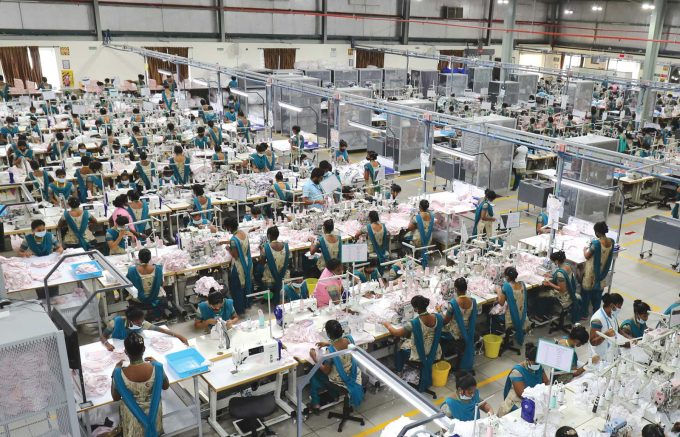Freight Waves by Seabreeze – Trends and insights shaping logistics
- seabreezelogistics
- Oct 21
- 2 min read
Dubai’s logistics hub is key for regional freight and trade

As global trade patterns shift, Scanwell Logistics is seizing new opportunities, particularly in Africa, where apparel production is moving from China. The company is expanding in East Africa and exploring Egypt and Jordan to align with changing supply chains. Exports from India and Bangladesh are rising despite U.S. tariffs, while new import clients are boosting cargo flows into Dubai. Though competition is growing from Bahrain and the Maldives, Dubai remains a strong logistics hub with superior infrastructure and market access. Scanwell is focusing on high-growth sectors like apparel, food, EVs, and pharma, while leveraging China partnerships under the Belt and Road initiative to strengthen regional trade.
Fire rips through warehouses at Dhaka Airport cargo village

A massive fire erupted on Saturday at the import cargo complex of Hazrat Shahjalal International Airport in Dhaka, Bangladesh, forcing a temporary suspension of flights for several hours. The blaze destroyed warehouses storing imported garments, raw materials and high-value samples— raising export loss estimates into the millions of dollars. Smouldering remains were still visible the next day as authorities launched a full investigation and asked business groups to document their damages. The incident coincides with a critical period for Bangladesh’s garment industry, which is now facing risks of delays, order cancellations and long-term supply chain impacts.
DHL harnesses AI to change trade across the Gulf region

DHL World Holding is accelerating AI adoption to transform logistics across the Middle East, enhancing efficiency and customer experience while supporting—not replacing—human teams. The technology is being used for real-time tracking, automated analysis, and multilingual customer service across the UAE, KSA, Egypt, Morocco, and East Africa. By automating repetitive tasks, AI enables employees to focus on strategic work, improving accuracy and decision making. This innovation supports DHL’s goal of building resilient, tech-driven supply chains amid regional and global challenges.
Less regionalisation as tariffs drive global trade over longer distances

Global trade continues to stretch over longer distances, not shorten, despite growing tariff pressures. According to a recent report by DHL and NYU Stern School of Business, the average distance goods travel internationally has reached a record ~5,000 km, and intra-regional trade now accounts for just over 50% of global flows—its lowest level on record. The implication: companies are diversifying supply chains globally rather than regionalising more tightly. Tariffs and trade conflicts are forcing rerouting of shipments, creating new trade-lanes and longer routing even as cost pressures rise. For logistics providers this means adapting to more complex networks, longer transit times and evolving service demands.


